It’s no laughing matter if you have a gas leak in your house or neighborhood. If you have a natural gas fitting in your home, you should be aware of any damage or cracks that could lead to a leak. Joints and connectors must be completely sealed, with no fractures in the seals.
If you have a problem with your gas fitting, you must not try to fix it yourself. You should be aware that only expert plumbers such as lpgs.com.au can handle it and may even be able to fix it cheaper than the local gas company you hear of every day. Continue reading to learn about typical gas line issues.
Gas Leakage
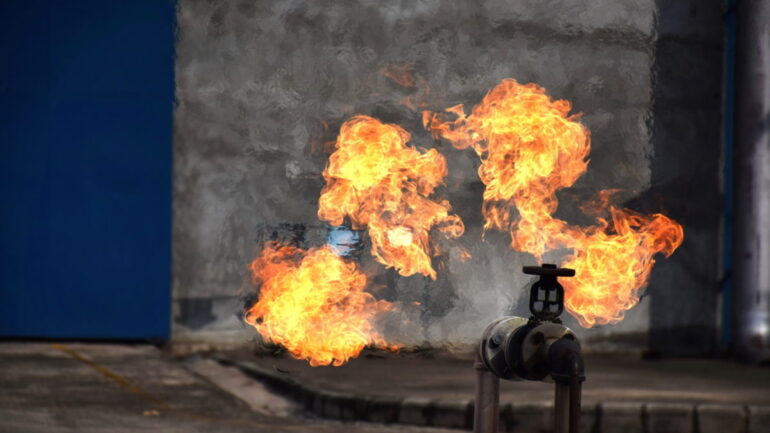
Leakage is the most common problem related to gas pipes. A strong sulfur odor, similar to the smell of rotten eggs, will alert you to a leak. You might be surprised to learn that natural gas has no odor. On the other hand, gas suppliers add this aroma to the gas so that people may easily detect a leak. It’s critical for individuals to realize they have a leak as soon as possible because leaks can pose a significant threat to their health. Natural gas can poison you, producing severe intoxication or even asphyxia, and can cause an explosion, as it is highly inflammable.
If you smell rotten eggs, it means that there is a leak. You may check for a leak by shutting off your gas appliances and looking at your gas meter. If it continues to move even after you have turned it off, there is a leak. If you detect bubbles coming from the pipe fitting you suspect is leaking gas, cover it with soapy water to confirm the presence of a leak.
If you detect the odor of natural gas, turn off the gas and contact a plumber for gas line repair as soon as possible. Remove all people and pets from the house while you wait for the expert, and avoid doing anything that involves the utilization of flames, like burning a cigarette or turning on the gas burner. Because gas lines run underground and across the front or back yard, extra attention is required when there is a leak.
Gas Pipe Blockage
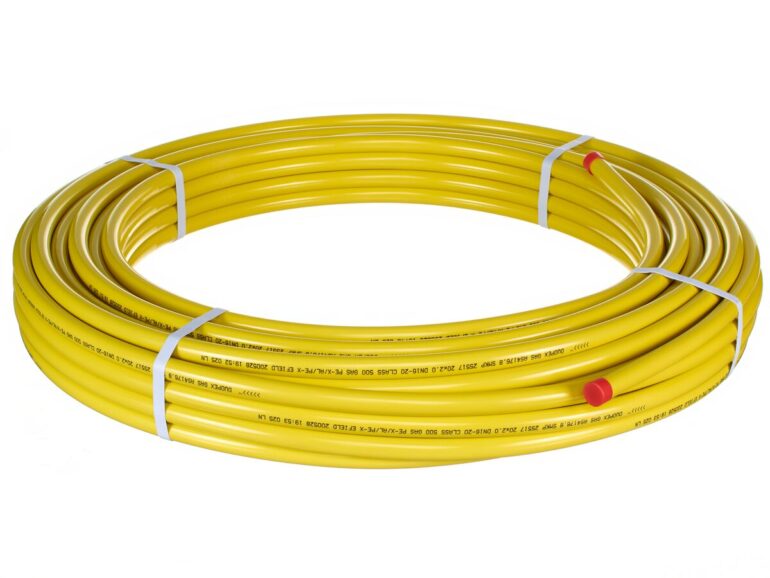
A gas line obstruction is another common gas line issue. Dirt and other debris, insects, tree roots, and even water can clog a gas line. On the other hand, a gas line can acquire a lousy dent or kink that prevents gas from flowing through it.
Gas-powered appliances that no longer work properly are the most evident indicator of a natural gas obstruction. When you have a blockage in a gas line, your gas range may only create a low flame when a burner is set to high, or your gas water heater may take considerably longer to heat water than it used to.
As pressure rises on the gas line segment behind the blockage and exerts pressure on corroded or weak areas of the pipe, a gas line blockage can eventually lead to a gas leak.
If you suspect a gas line blockage, turn off your home’s gas supply and call a plumber specializing in gas line repair. This specialist can locate the source of the clog and clear it with a special probe or drain auger. They can also evaluate your gas lines for any damage caused by the clog, such as a leak.
Copper Gas Pipe
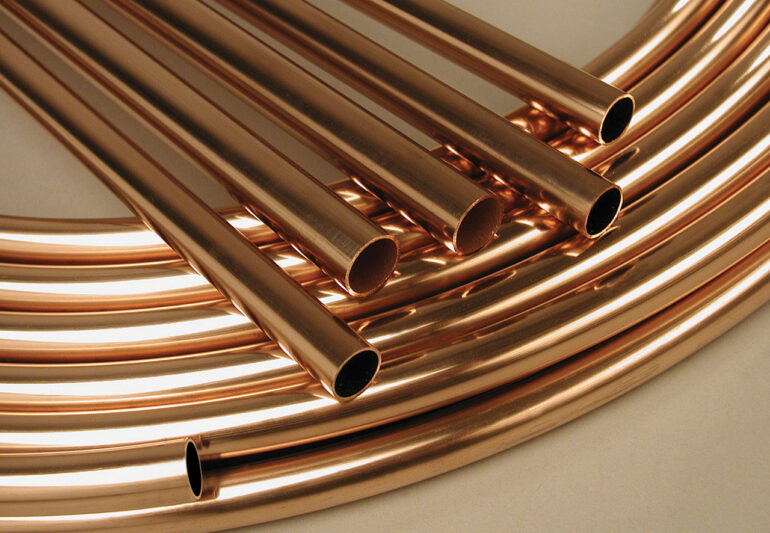
Galvanized steel, high-density polyethylene, and flexible corrugated stainless steel tubing (CSST) pipes are just a few of the pipe types that can be used to build natural gas lines and connect appliances to them. On the other hand, copper pipes are not ideal for natural gas applications, and some municipal building rules and legislation outright restrict their usage for two reasons. Copper, for starters, forms sulfites, which can clog your natural gas line over time. Copper is also a good conductor of energy, making copper gas lines riskier than other gas line types.
Gas Valve Defects
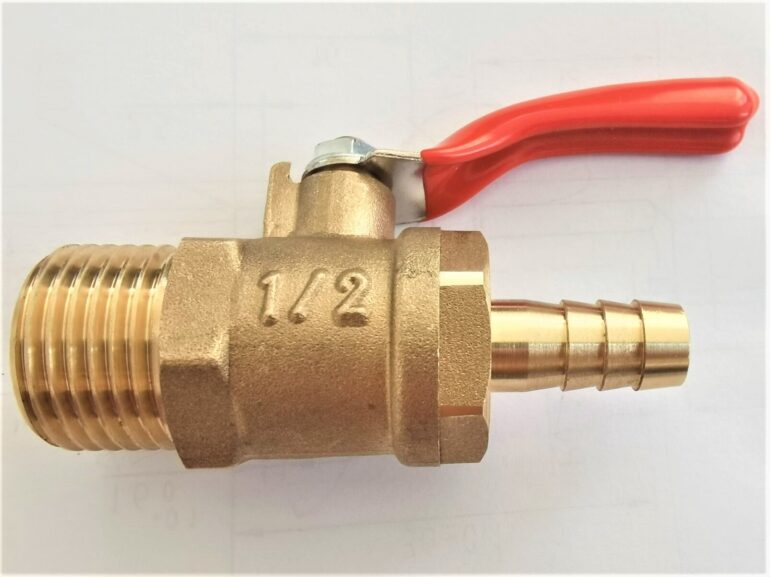
The gas valve directs gas from your supply tank to your furnace. If the valve malfunctions, gas could seep into the surrounding environment. Even though most modern furnaces have built-in safety mechanisms, leaks can still happen.
Gas leaks are a significant health and safety hazard that must be addressed right away. Contact a professional for furnace repairs as soon as you discover any signs of a defective gas valve or suspect your valve isn’t working properly.
Even if your gas valve is broken, but you don’t think there’s a leak, you should call for help as soon as possible. You want to deal with issues as quickly as possible so that they don’t turn into more expensive repair expenses or a significant safety hazard.
Your furnace may shut down altogether or only stop delivering heated air if the gas valve is blocked or otherwise faulty. Other faults could be causing the same symptom, so you’ll need an experienced technician to assess the issue and make the necessary repairs. It’s possible that the problem extends beyond your gas valve, necessitating the replacement of several parts or repairs.
Conclusion
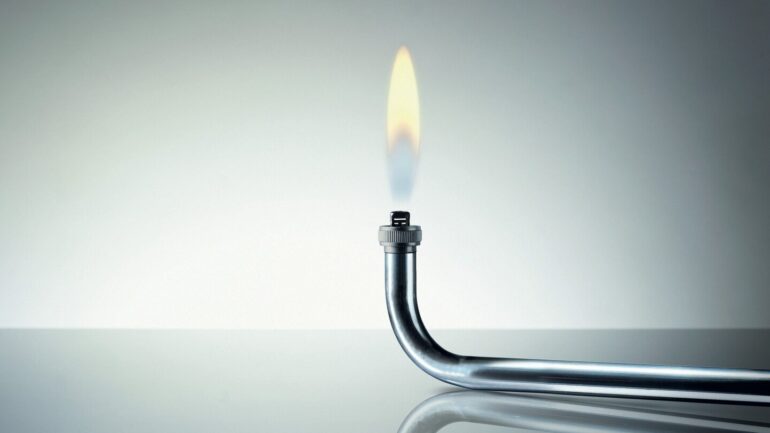
There are a few things to keep in mind if you have a gas fitting problem in your home. In the event of an emergency, you should know where your gas shutoff valves are located and how to operate them. If the problem is minimal, your plumber may be able to fix it and restore your gas service the same day, depending on what is leaking.
If the problem worsens, get out of the house as soon as possible and contact your local gas company to turn off the gas. To ensure that the service is done professionally and safely, always hire a licensed and insured plumber.
Gas leaks are dangerous and a typical problem in many homes. Make sure you’re ready to defend your family and possessions. Repairing leaks should always be done by an expert. Plumbers are trained professionals who can fix gas leaks in your home.
